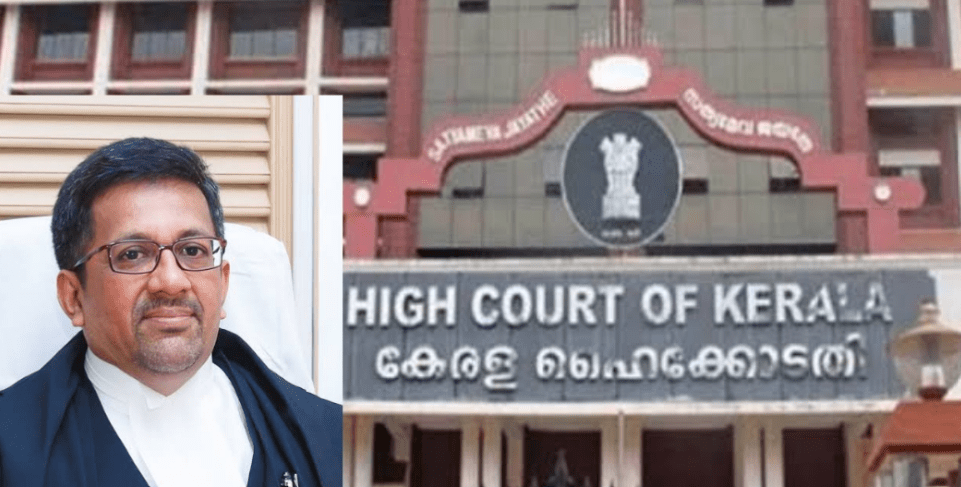The Orissa High Court has strongly questioned the assumption behind criminalising sex on the false promise of marriage. The Court ruled that the belief that a woman engages in intimacy only as a step toward marriage is patriarchal thinking, not a principle of justice.
Justice Panigrahi, while hearing a plea under Section 482 CrPC to quash criminal charges, highlighted the urgent need to separate the ideas of sex and marriage in both the legal framework and social mindset. The petitioner had faced charges under Sections 376(2)(a), 376(2)(i), 376(2)(n), 294, 506, and 34 IPC for allegedly being in a nine-year relationship with the woman on the alleged false promise of marriage.
The Court emphasized sexual autonomy, i.e., a woman’s right to make independent decisions about her body, sexuality, and relationships, free from societal or legal assumptions.
Justice Panigrahi noted that in a patriarchal society, marriage has often been reduced to a “performative act,” where female sexuality is tied to male commitment. However, he clarified that marriage is a legal agreement between two individuals, not a moral condition for intimacy.
Drawing from Simone de Beauvoir’s “The Second Sex”, the Court stated:
- Marriage is a choice, not an inevitability.
- It is a legal recognition, not a moral repayment for intimacy.
- Love and desire must not be reduced to a liability or transaction.
The Court stressed that the automatic criminalisation of failed relationships under the guise of a “false promise of marriage” denies women their agency and autonomy. It added that the law must evolve to protect a woman’s right to choose rather than bind her to patriarchal notions of virtue.
However, the Court also acknowledged the social realities in India, where conservative upbringing often influences women’s consent, making it more of a submission to circumstances than free choice.
Concluding, the Court observed:
“The law must be a shield, not a shackle. It must evolve to recognize that a woman’s body, her choices, and her future are hers alone to define.”
Case Title: Manoj Kumar Munda v. State of Odisha & Anr.
Be a part our social media community:
Facebook: https://www.facebook.com/IndianMan.in?mibextid=ZbWKwL
Instagram:
https://www.instagram.com/indianman.in?igsh=MWZ2N3N0ZmpwM3l3cw==




